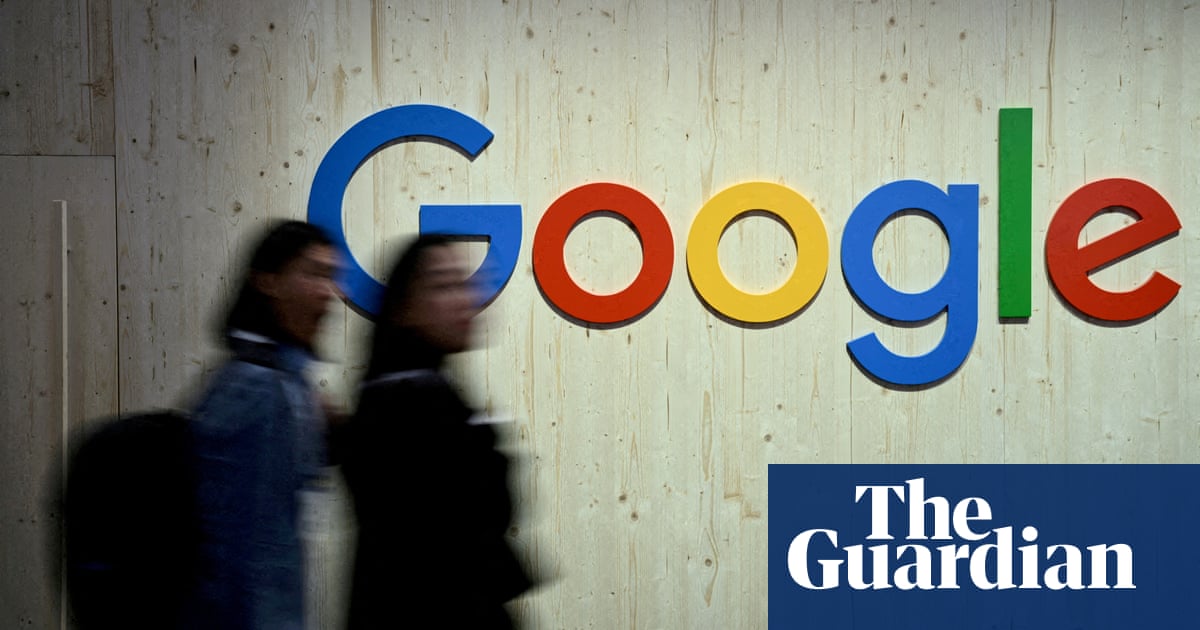Google Faces Government Demand to Break Up Ad Tech Monopoly
On Friday, the US government escalated its ongoing battle against Google by demanding the breakup of its immensely profitable advertising technology business. This bold request follows a significant judicial finding that Google has established an illegal monopoly for the second time within less than a year.
The Government’s Case
US government lawyer Julia Tarver Wood presented the case in a federal court in Virginia, stating that Google has consistently found ways to defy legal stipulations. She urged the judge to dismiss Google’s assurances of behavioral changes, asserting that keeping a "recidivist monopolist" intact would not adequately address the problem at hand. This demand reflects a growing frustration among regulators regarding Google’s enduring dominance in the ad tech space.
A Pattern of Allegations
This isn’t the first time the US government has sought a divestment from Google. Separately, it has called for the company to spin off its Chrome browser amidst ongoing litigation concerning its leading search engine. The government’s allegations specifically focus on Google’s control over the market for publishing banner ads, an area that affects numerous creators and small news providers, limiting their advertising opportunities.
Previous Court Rulings
The recent hearing planned the second phase of the trial, set for September, where both parties will argue over potential remedies to reform the advertising market following the judge’s ruling. In the initial phase of the trial, which took place last year, plaintiffs underscored that a vast majority of publishers utilize Google’s ad software, effectively trapping them within its ecosystem. This creates a situation where escaping Google’s pricing and technology is nearly impossible for many publishers.
Judicial Agreement and Concerns
District Court Judge Leonie Brinkema largely agreed with the plaintiffs’ arguments, ruling that Google has indeed established an illegal monopoly over the ad software and tools employed by publishers. However, she partially dismissed concerns regarding the tools used exclusively by advertisers, presenting a complex legal landscape that continues to evolve.
Recommendations for Change
The US government plans to utilize the forthcoming trial to advocate for Google to divest its ad publisher and exchange operations. The rationale is clear: they no longer trust Google to modify its business practices effectively. In light of this, Tarver Wood emphasized that "behavioral remedies" cannot be relied upon, suggesting instead that Google will likely find alternative means to maintain its dominance.
Google’s Response
In response to these allegations, Google argued that it could agree to a binding commitment to enhance transparency among advertisers and publishers using its ad tech platforms. Google lawyer Karen Dunn acknowledged the "trust issues" brought to light during the trial and indicated that the company would accept monitoring to ensure compliance with any commitments made. Despite these assurances, Google contended that calls for divestment are inappropriate and defendable, an argument that Brinkema promptly rejected.
The Path Forward
Judge Brinkema also encouraged both parties to explore mediation, indicating that a compromise could save considerable resources and be more efficient than a potentially prolonged trial. This suggestion highlights an ongoing effort to reach a balanced resolution while addressing the broader implications of Google’s market influence in the ad technology space. The push for a breakup, alongside ongoing litigation, marks a pivotal moment in the relationship between big tech and regulation, signaling a potential shift toward greater scrutiny and accountability in the industry.


